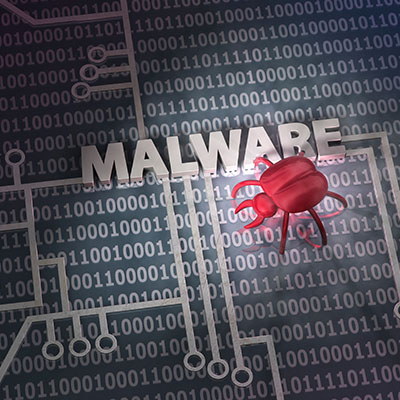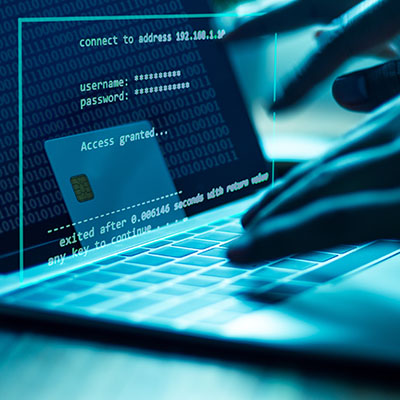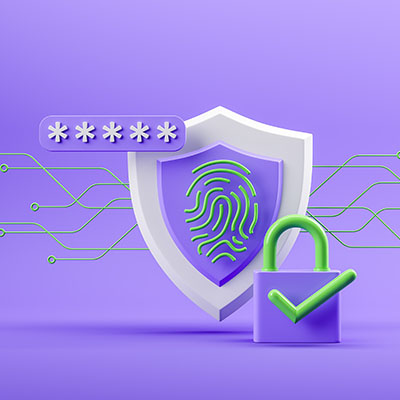In the technology news sector, you’ve probably noticed a trend where Patch Tuesday makes headlines at least once a month. This is generally the day when Microsoft issues patches and security updates for its many different technologies, and it’s important for your IT department to know when Patch Tuesday falls each month.
Malware has been a problem for people that rely on technology for decades. Like the security that is designed to mitigate the effect of malware, the malware itself has grown in potency and frequency and is a major problem for businesses. Today, we will take a look at a few ways you can get malware.
Financially-focused cyberthreats are no joke, especially considering how digital payments now make up 41.8% of all payments made worldwide. Let’s consider a few statistics that highlight how important it is to ensure that the payment card data your business collects is sufficiently protected.
We haven’t been shy about pushing for multi-factor authentication, AKA MFA, and there’s a reason for that: if implemented correctly, it can help prevent many cyberthreats. Having said that, cybercriminals have managed to find a way to undermine MFA. Let’s consider how they’ve managed to do this.
It can be too easy to think about hackers and cybercriminals in an almost abstract way, diminishing them to little more than a faceless entity at a keyboard. Naturally, this is far from the truth. Let’s examine the reality of the cybercrime industry, which actually does as much harm to the perpetrators as it does to the people they scam…if not more.
Business owners often get unsolicited emails from individuals who want to sell them goods, services, or products. Depending on the message, they might even come across as a bit suspicious, prompting you to question the authenticity of the email. If you’re not careful, you might accidentally expose your organization by clicking on the wrong link in the wrong email, thus falling victim to the oldest trick in the book: the phishing attack.
Nowadays, file sharing is so ubiquitous that most people in the office likely take it for granted. However, this is not a luxury that you have, as you need to ensure the file sharing that takes part is sufficiently secure—otherwise, you could find yourself in a tight spot. That’s why we want to devote this week’s tip to a few practical steps to making sure your files get where they’re going safely.
Managing business technology is a challenge that many small businesses have difficulty overcoming, and this is largely in part due to the fact that managing technology is not the focus of these small businesses. The inability to overcome IT challenges can hold businesses back that otherwise would flourish. Let’s discuss some of the biggest issues that companies have for IT and how they could potentially be addressed.
With so many workers constantly connected to screens and other technology, it is a good idea to disconnect every so often by taking a vacation somewhere. However, it’s not always this easy, especially for a business owner who is still minimally connected to the office even while technically on vacation. We’ve got a couple of tips for how you can make the most of your technology while on your vacation without putting your company at risk in the process.
Botnets are nefarious entities consisting of countless connected devices, all of which have been infected by hackers to perform malicious deeds. One such botnet, a Russian botnet consisting of millions of infected Internet of Things devices, has been dismantled and taken down by the United States Department of Justice and various law enforcement agencies throughout Germany, the United Kingdom, and the Netherlands.










